Shon Williams knew almost nothing about cannabis a few years ago.
The Air Force veteran’s only personal experience with marijuana was “one little puff” when he was in the ninth grade, which he said he dutifully put on his military security clearance. But when a cannabis company reached out to him on LinkedIn with a job opening, Williams gave it a look.
What he found was a product that he believes in and an industry where he could put his military skills to good use. He is now the chief development officer at Westleaf, a company based in Alberta, Canada, that grows, extracts and sells marijuana products.
“If you go into it with an open mind, you’ll see that people are really benefiting from this plant,” he said. “I’m not saying it’s nirvana and can solve all the world’s problems or anything, but there’s definitely a place for it.”
Williams graduated from West Point in 1994 with a degree in mechanical and aerospace engineering. He would later pick up two master’s degrees, one in astronautical engineering from the Air Force Institute of Technology and another in military operational arts and sciences from Air University’s Air Command and Staff College.
He began his Air Force career in 1994 and retired as a lieutenant colonel in 2014. During his military service, he did everything from flight-testing airplanes to modeling the effects of nuclear weapons to helping facilitate large-scale military sales of fighter planes. Williams also deployed to Afghanistan during his last five years in the Air Force.
“You spend 24 years in uniform, you do a few things,” he said.
Williams even applied and got called in to interview with NASA to be an astronaut, though that ultimately didn’t pan out, he said.
His first job after the military was at an aerospace company. Soon after taking that job, a recruiter from the Denver-based cannabis company Mjardin Group messaged him via LinkedIn. The recruiter was looking for someone based in Denver and from outside the industry to join their team, Williams said.
“When the first company contacted me, I was like, ‘Why would they want somebody like me?’” he said. “But I realized that as the industry matures, it’s a real business and needs people of all kinds of skill sets.”
He took that position, and a year and a half later, he left to start his own cannabis company, with a few friends and colleagues. Ten months after launching that endeavor, Williams sold his company and joined forces with Westleaf.
His military skills have translated well to the cannabis industry, he said, especially his experiences leading, doing organizational tasks, working in the engineering field, and designing and managing programs.
“If you’re going to run a good business and be able to compete with others and deliver good quality products to people that are safe … I found them to be surprisingly transferable and really good skills to have,” he said.
Westleaf is currently looking to expand throughout western Canada, Williams said. It’s constructing a new factory in Saskatchewan, opened its first retail store in January and has another 25 stores planned to open by the end of the year.
There are no current plans to expand to the United States, according to Williams, due partly to the stricter marijuana laws.
Unlike the U.S., both recreational and medical marijuana are legal throughout Canada. Thirty-three states have currently de-criminalized marijuana in some form, and of those, only 10 plus Washington, D.C., have legalized it for both medical and recreational purposes.The Department of Defense has only just begun looking into whether it will allow military personnel to invest in cannabis companies while maintaining a security clearance.
Marijuana is currently classified by the U.S. Drug Enforcement Administration as a Schedule 1 substance, or one the government has decided doesn’t have any medical benefits and can be easily abused.
Williams said he used to believe that marijuana was “a bad drug that’s akin to heroin.” Now he’s convinced that it can help people, including veterans dealing with symptoms related to PTSD.
“The more I’ve learned about the plant and talked to people, I’ve come 100 percent to the conclusion that it doesn’t belong in Schedule 1,” he said. “I’m not saying there are no negatives to it, but overall it has a very important place in some people’s lives.”
He encouraged anyone skeptical of its potential medical benefits — who just consider cannabis companies to be glorified weed dealers — to research before they make a judgment.
“I hope that myself and people like me that aren’t long-time cannabis folks can help to change that stigma,” he said. “I’d also say to people to do their homework. There’s literature about it … Put a body of evidence together for yourself.”
Williams also advised veterans interested in pursuing careers in cannabis to “play to their strengths” that they picked up in the military, just like he did.
“Just have fun with the journey,” he said. “It’s an exciting industry and an interesting plant.”
